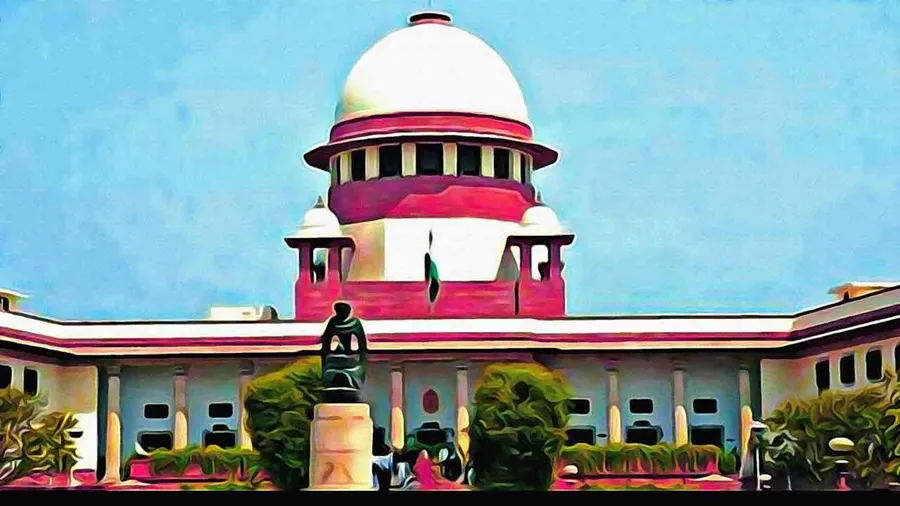The Money Bill Debate: Supreme Court’s Intervention
The Supreme Court of India is poised to intervene in the ongoing debate surrounding the passage of laws as Money Bills, a legislative maneuver that has sparked controversy and raised questions about constitutional propriety. The court, led by Chief Justice of India (CJI) D.Y. Chandrachud, has agreed to consider establishing a constitution bench to hear petitions challenging the validity of this practice.
Bypass of Rajya Sabha: A Constitutional Concern
The controversy centers on the government’s introduction of legislation, such as the Aadhaar Act and amendments to the Prevention of Money Laundering Act (PMLA), as Money Bills, ostensibly to circumvent the Rajya Sabha, where the ruling party lacked a majority at the time. This tactic has raised concerns about the erosion of the Rajya Sabha’s legislative authority and the potential for abuse of the Money Bill provision.
Money Bill vs. Ordinary Bill: A Crucial Distinction
At the heart of the matter lies the distinction between Money Bills and ordinary bills. While ordinary bills require approval from both houses of Parliament, Money Bills can be introduced solely in the Lok Sabha (lower house) and cannot be amended or rejected by the Rajya Sabha (upper house). The Rajya Sabha can only offer recommendations, which the Lok Sabha may or may not accept. This distinction has significant implications for the legislative process and the balance of power between the two houses.
Supreme Court’s Role: Upholding Constitutional Principles
The Supreme Court’s decision to form a constitution bench to address these petitions signals its commitment to upholding constitutional principles and safeguarding the legislative process. The bench will delve into the intricacies of the Money Bill provision, examine the legislative intent behind specific laws passed as Money Bills, and determine whether they adhere to constitutional mandates.
Summary
The Supreme Court’s impending formation of a constitution bench to address the legality of laws passed as Money Bills marks a significant development in the ongoing debate surrounding legislative procedures. This move underscores the court’s role as a guardian of the Constitution and its commitment to ensuring a fair and transparent legislative process.
Key Learning Points
| Aspect | Detail |
|---|---|
| Issue | Validity of laws passed as Money Bills to bypass Rajya Sabha |
| Supreme Court Action | Forming a constitution bench to hear petitions challenging the practice |
| Money Bill vs. Ordinary Bill | Money Bills can only be introduced in the Lok Sabha and cannot be amended or rejected by the Rajya Sabha |
| Supreme Court’s Role | Upholding constitutional principles and safeguarding the legislative process |
Soumya Smruti Sahoo is a seasoned journalist with extensive experience in both international and Indian news writing. With a sharp analytical mind and a dedication to uncovering the truth, Soumya has built a reputation for delivering in-depth, well-researched articles that provide readers with a clear understanding of complex global and domestic issues. Her work reflects a deep commitment to journalistic integrity, making her a trusted source for accurate and insightful news coverage.



